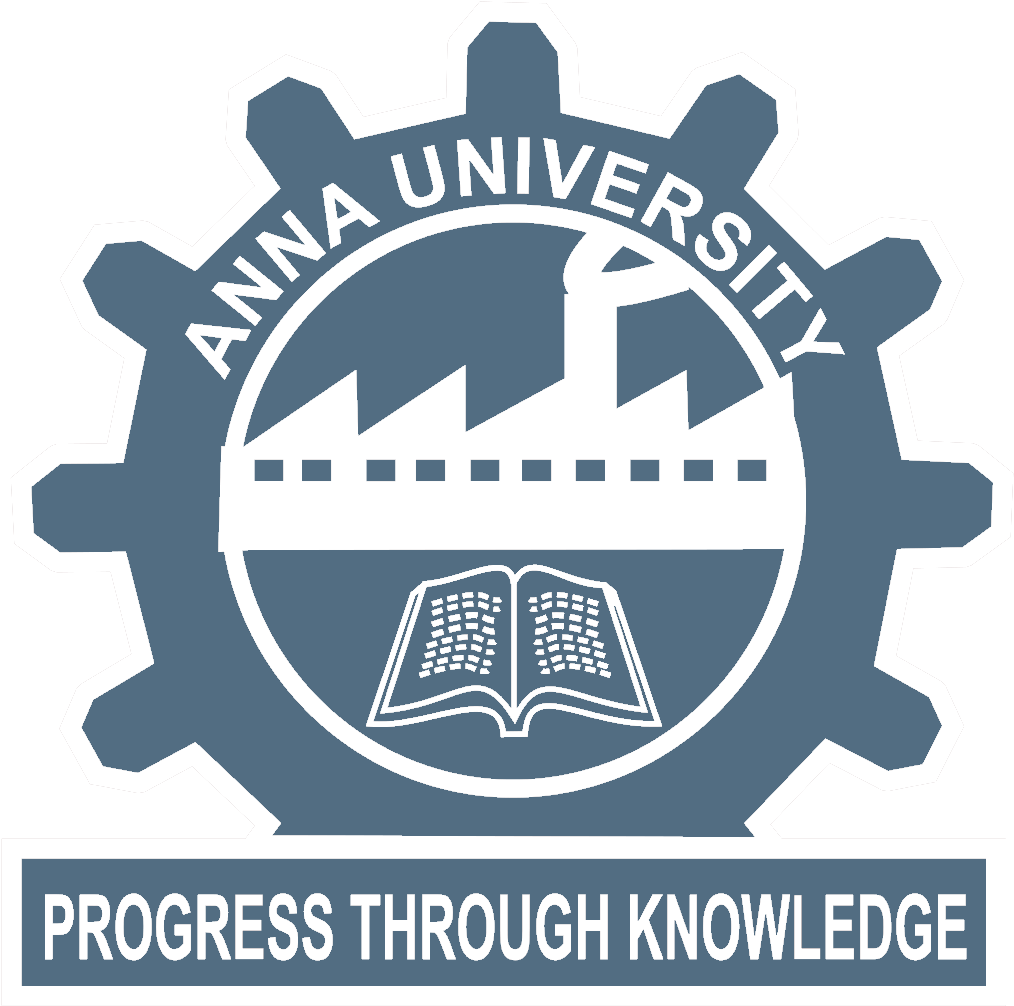Thrust Areas
By the Numbers
194
UG Students
54
PG Students
42
Scholars
14
Faculty
5
Staff
11
Patents
11
Projects
267
Publications
5131
Citations
38
H-Index
Message from the HOD
Dr. R. Dillibabu
PROFESSOR
Industrial Engineering has always been Integration Engineering. While the traditional role of Industrial Engineers has always been to integrate human, material, equipment, and financial resources into productive systems, the current emphasis is on integrating computers, information, and technology to operate and control complex systems. Industrial Engineering is concerned with designing, improving and installing integrated systems of people, materials, equipment, information and energy. It draws upon specialized knowledge and skill in the mathematical, physical, and social sciences, together with the principles and methods of engineering analysis and design to specify, predict, and evaluate the results to be obtained from such systems. The definition of Industrial Engineers has changed from that of "efficiency experts" and "productivity people" to "knowledge workers". There is a need for Industrial Engineers who can relate to rapidly changing technology and keep up with the high degree of ongoing innovation. From the offices of corporate presidents to the floors of modern factories, new ways of getting work done are being intensely studied, and where work methods are at issue, Industrial Engineers play a leading role. Our Industrial Engineering programs are designed to teach students how to make sound managerial decisions, demonstrate independent learning and perform professionally and ethically as a part of a diverse team in a global society.
